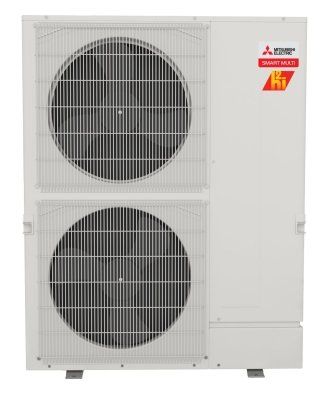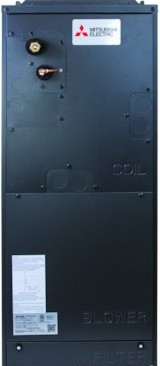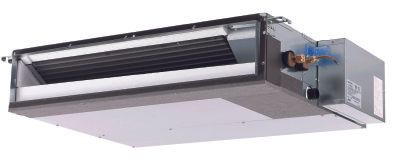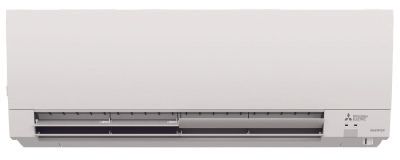Mini-Split Systems

Slide title
Write your caption hereButton
Slide title
Write your caption hereButton
Slide title
Write your caption hereButton
Slide title
Write your caption hereButton
Mini-Split Heating and Cooling
Mini-split systems are HVAC systems designed to provide efficient and flexible cooling and heating solutions for commercial and residential buildings. They are also known as ductless air conditioning systems as they do not require ductwork for installation saving a significant renovation expense.
Mini-split systems consist of two main components: an outdoor unit and an indoor unit. The outdoor unit houses the compressor, while the indoor unit contains the evaporator and blower. The two units are connected by a conduit that contains refrigerant lines, electrical wiring, and a condensate drain.
What is the advantage of a mini-split system?
One of the main advantages of mini-split systems is their flexibility. Because they do not require ductwork, they can be installed in spaces where it is not possible or practical to install traditional HVAC systems. In addition, because each indoor unit can be controlled independently, mini-split systems provide zoned heating and cooling, allowing users to customize the temperature in different parts of their home. This flexibility can result in significant energy savings, as users can avoid heating or cooling spaces that are not currently in use.
Another advantage of mini-split systems is their energy efficiency. Since they don't rely on ductwork to distribute air, mini-split systems can avoid the energy losses associated with traditional ducted systems. In addition, each indoor unit can be controlled independently avoiding wasting energy by cooling or heating entire buildings when only a few rooms are occupied.
Mini-split systems also offer a range of features and options to meet different needs and budgets. Some models offer advanced filtration systems to improve indoor air quality, while others offer advanced controls and programming options for maximum convenience and energy savings.
It's important to note that mini-split systems are not the right solution for everyone since they rely on an outdoor unit to provide cooling and heating. And, they may not be the best choice in extreme climates, where temperatures regularly fall below freezing. In addition, while mini-split systems can be more efficient than traditional ducted systems, they may not be the most cost-effective option for smaller buildings.
Overall, mini-split systems offer a range of benefits for those looking for efficient and flexible HVAC solutions. By understanding their features, options, and limitations, users can choose the right system to meet their specific needs and budget.
Contact Logan Mechanical for an evaluation of your heating and air conditioning needs. We provide residential and commercial HVAC installation services to Washington D.C., Maryland, and Virginia.

Logan Mechanical, LLC
9134 Piscataway Road, #1552
Clinton, MD 20735
Mon-Fri 8:00 am - 4:00 pm
Sat & Sun Emergency Service Only
DC #RM902154, Maryland License #72486
Virginia #2710068933
All Rights Reserved | Logan Mechnical, LLC
Site by Oasis Grafx